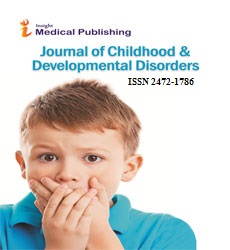Abstract
Pasteurized Human Donor Milk as Nutraceutical
Numerous preventive and therapeutic interventions have been designed to decrease mortality and disability in infants. In 2010, 7.6 million children who were less than 5 years of age died worldwide and 4.8 million were attributable to infectious causes. Among multiple preventive measures, early breastfeeding is one of the most important interventions to reduce neonatal and infant mortality. Due to human breast milk multiple antimicrobial, anti-inflammatory and immunoregulatory components which is also known as colostrum helps in protecting infants by serving as a source of nutrition uncontaminated by environmental pathogens in addition provides direct protection to the infants. Human milk can serve as a nutraceutical. Nutraceutical is the combination of the words “nutrition” and “pharmaceuticals” which is a food product that provides health benefits as an adjuvant or alternative therapy, thus including the treatment and prevention of infectious diseases in infants, children and adults. The objective is to create awareness about the nutraceutical properties of human breast milk and to review its benefits in the preterm population as well as to address colostrum’s future nutraceutical and therapeutic implications in newborns.
Author(s):
Ritika Gupta
Abstract | Full-Text | PDF
Share this

Google scholar citation report
Citations : 504
Journal of Childhood & Developmental Disorders received 504 citations as per google scholar report
Abstracted/Indexed in
- Google Scholar
- China National Knowledge Infrastructure (CNKI)
- Directory of Research Journal Indexing (DRJI)
- WorldCat
- Publons
- Geneva Foundation for Medical Education and Research
- Secret Search Engine Labs
- Euro Pub
Open Access Journals
- Aquaculture & Veterinary Science
- Chemistry & Chemical Sciences
- Clinical Sciences
- Engineering
- General Science
- Genetics & Molecular Biology
- Health Care & Nursing
- Immunology & Microbiology
- Materials Science
- Mathematics & Physics
- Medical Sciences
- Neurology & Psychiatry
- Oncology & Cancer Science
- Pharmaceutical Sciences

